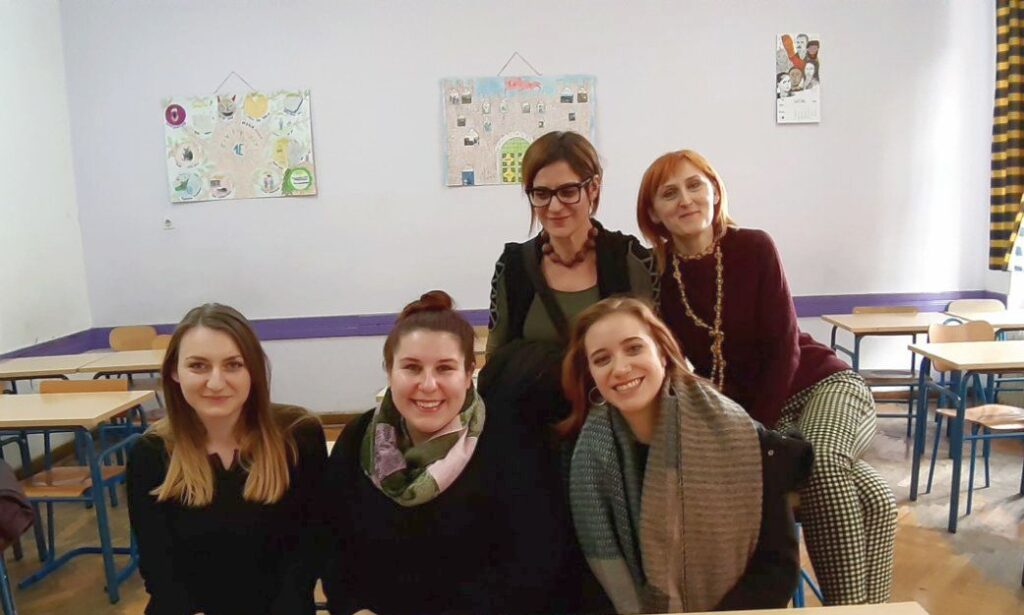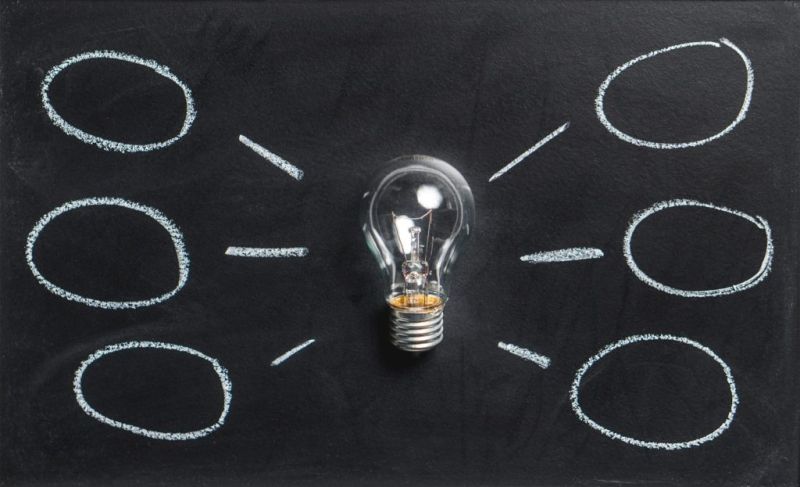University Course “Gender, Sexuality, Identities – from Oppression to Equality”
Course “Gender, Sexuality, Identities – from Oppression to Equality” was started in October 2019 at the Faculty of Humanities and Social Sciences in Rijeka. The course was a result of the collaboration of Centre for Women’s Studies of Faculty of Humanities and Social Sciences in Rijeka and three civil society organisations from Rijeka: LORI, PaRiter, SOS Rijeka as part of the project “Humane Education – Responsible Society”. Since then, these organisations carry out the course continuously in the winter semester as part of the regular master’s programme at the Department of Cultural Studies. The course can be attended by all students of University of Rijeka enrolled in a master’s programme (first and second year of the master’s programme) or students of integrated programmes (fourth and fifth year).
This is the first university course in Croatia to introduce human rights, LGBTIQ+ topics, gender equality, gender-based violence, feminist and gender theories, theories of sexuality to students via service learning method, through their engagement in organisations and local community.

Apart from the specific teaching method, the course also distinguishes by an interdisciplinary approach to the topic: professors from various faculties and science institutes, professionals in the fields of psychology, sociology, economics and law are engaged in carrying out theoretical parts of the course.
The teaching method of the course enables conducting one part in LORI, PaRiter and SOS Rijeka and working on active participation in the local community and/or combating homophobia, transphobia and misogyny in society. Students have the opportunity to participate in various mentoring programmes of these three organisations, related to the theoretical part of the course.
LORI mentoring programme focuses on teaching about LGBTIQ+ topics and combating homophobia, biphobia, and transphobia in educational system, whereas PaRiter pinpoints understanding the concept of comprehensive sexual education and SOS Rijeka mentoring programme concentrates on education about gender-based violence and violence prevention.
Each academic year organisations update and further develop mentoring programmes so that each generation has the chance to participate in final tasks that directly connect them with other youth, schools, organisations, institutions, ombudspersons, etc. Some of the final course tasks so far are holding lectures and workshops in schools, recording a radio show, organising an exhibition, organising a pub quiz etc.

Service learning
Service learning or learning by community contribution is an educational experience in which students actively take part in designing and organising community activities that respond to that community’s recognised needs. Students advance what’s being taught in class by widening the learning space to the community and promote and foster further development of individuals’ social responsibility and care for others. This method encourages students’ intellectual and social engagement, directing them into being more socially responsible citizens. It fosters the university’s strong integration into the local community by connecting their resources, work and research for specific community needs.
It allows students direct involvement and contact with the local community, as well as the development of specific knowledge and skills that they obtain by offering their own solutions to the issues that arise as part of the course content and syllabus.
What’s the difference between practical class work, volunteering and service learning?
Practical class work includes students being the primary recipients and users of information and knowledge, with the main goal being the students’ professional development. So, through practical class work, acquiring new skills and knowledge is emphasised but the context of community and community contribution is neglected. Volunteering implies that the community is the primary user, while the learning outcomes are not connected to the educational programme. Volunteer activities also put the concept of learning and the professional development of the student on the back burner.
Service learning involves a reciprocal relationship between student and community. Professional and personal development of the student and care for community are equally important, and community needs and adequate solutions are of the same relevance.
Why enrol?
This course is good to attend for several reasons.
It offers opportunities to deepen one's knowledge, skills and abilities for community engagement, as well for personal growth and professional development.
Sexuality is talked about, which everyone thinks is an interesting topic, but here one gets a chance to really think and question sexuality.
Dissecting today’s cultural norms from an interdisciplinary perspective will help realise and understand many todays givens.
Apart from ex cathedra style lectures, led discussions, reading and analysing texts, here one gets the chance to practice what’s been theoretically discussed at the faculty in civil society organisations and to engage in real societal problems and needs within a community.
Maybe someone will start thinking about something that they took for granted in a completely different way because of getting a broader context. Maybe you change some of your views completely and maybe you get additional scientific proof for some of your hypotheses.

In any case, this course offers a chance to build not only one's knowledge, but also attitudes, skills and abilities regarding the questions that have been ‘turning on’ social scientists and humanists for decades! Students get the chance to work on problems that marked big societal changes throughout history and led to the contemporary world we live in today. All of that, alongside the possibility to truly act by working in organisations and doing something real for your local community.
Therefore, apply for the course and see you next fall!
Application information can be found on the Faculty of Humanities and Social Sciences in Rijeka official website at the start of October every academic year, as well as on social media of all the aforementioned organisations.

